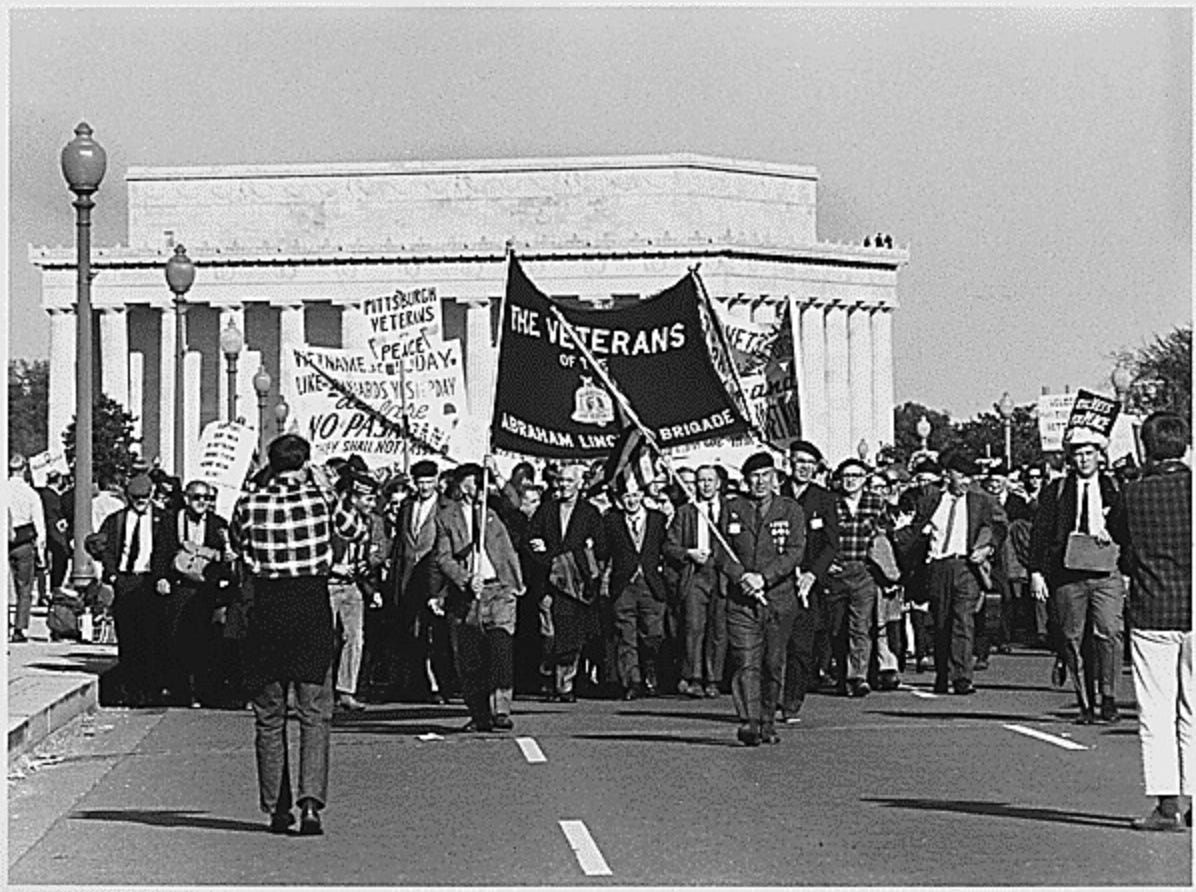Fifty Years After Vietnam, America Still Hasn’t Learned
Some anniversaries demand celebration. Others call for silence and reckoning. The 50th anniversary of the end of the Vietnam War belongs to the latter. It should not be marked with medals, flyovers, or nostalgic speeches about valor and sacrifice. It should be met with quiet reflection and a hard look at the lessons we still refuse to learn.
More than three million Vietnamese were killed during the war. Entire regions were defoliated with chemicals like Agent Orange, the soil poisoned, the rivers choked with the dead. Cambodia and Laos were pulled into the blood tide, their borders shattered by secret bombings. Fifty-eight thousand Americans died too, many of them teenagers sent halfway around the world to fight in a war whose justification shifted with every press conference.
We’re often told that Vietnam was a “mistake.” But this is one of the most dangerous lies in American public memory. It wasn’t a blunder; t was a deliberate act of imperial ambition, justified by Cold War ideology and sustained by decades of deception. The war was a continuation of a colonial project, and the Vietnamese, who had just freed themselves from French rule, were made to pay the price for resisting a new foreign power.
And though the fighting officially ended in 1975, the war never really stopped. Not for the Vietnamese, who still live with the long tail of dioxins in their land and bodies. Not for the American veterans haunted by what they did and what they were asked to do. And not for the rest of us, because Vietnam became the blueprint.
Since then, the United States has launched dozens of military interventions: in Iraq, Afghanistan, Syria, Panama, Libya, Yemen and elsewhere. The names change. The terrain shifts. But the logic stays the same: American interests cloaked in moral language, sold as liberation, and executed with overwhelming force.
Each new war recycles the same narrative: We’re defending freedom. We’re spreading democracy. We’re protecting the innocent. But look at the trail of rubble left behind. Look at the refugee crises, the drone strikes on weddings, the children born with defects decades after our chemical weapons rained down. Look at how rarely the architects of these disasters are held accountable.
Vietnam should have taught us that military adventurism in the name of American exceptionalism leads only to destruction; not only for those we target, but for ourselves. It erodes our moral credibility. It militarizes our economy. It turns patriotism into performance.
Yet we continue. Because we have mastered the art of forgetting.
We remember the iconic helicopter evacuations, the soundtracks, the memorials. But we forget the massacres, the torture, the napalm dropped on villages. We forget the real human cost. We forget that war isn’t just about body counts; it’s about broken nations, shattered families, poisoned futures.
We also forget that resistance to these wars existed. Thousands of Americans marched against the war. Whistleblowers and journalists risked their lives to expose the truth. Veterans threw their medals back in protest. Their legacy is part of the history, but it rarely gets top billing in the retellings.
So as we reach this 50-year milestone, let’s refuse to mythologize the war. Let’s not package it as a noble failure or a regrettable chapter we’ve outgrown. Let’s see it clearly for what it was: an act of aggressive imperialism that set the tone for decades of conflict.
And let’s ask ourselves: What will the 50th anniversaries of Iraq or Afghanistan look like? What will we remember and what will we erase?
If we want to break this cycle, we need more than commemoration. We need accountability. We need to stop confusing military might with moral right. And we need to stop treating war as an acceptable instrument of policy, especially when it’s waged thousands of miles from home, in the name of interests the people on the ground never consented to serve.
The war in Vietnam didn’t end in 1975. It continues: in every drone strike, every undeclared intervention, every child born near a U.S. military base who learns early to duck when the sky hums.
Real remembrance means reckoning with this. Not just once every 50 years, but every day we’re tempted to repeat the same mistakes.
Michael “Lefty” Morrill is the Organizing Director of New Hampshire Peace Action.
Photo is public domain from the National Archives.




